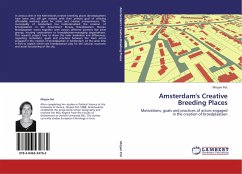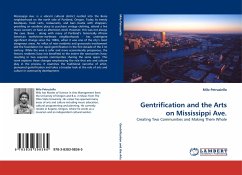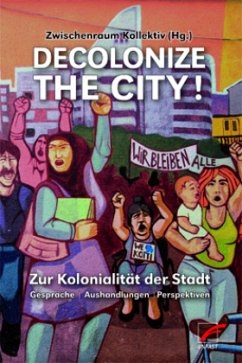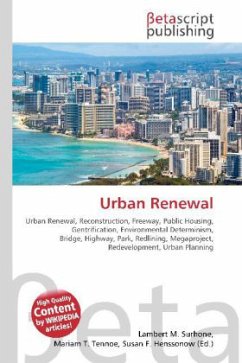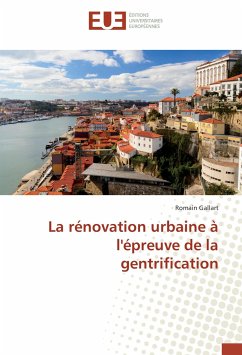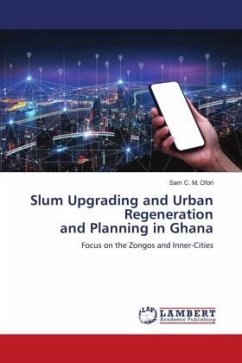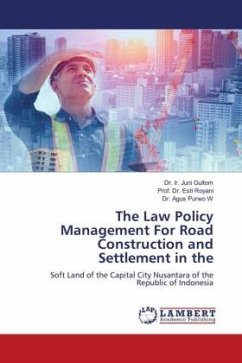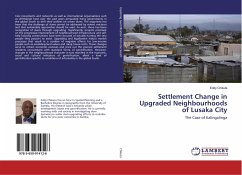
Settlement Change in Upgraded Neighbourhoods of Lusaka City
The Case of Kalingalinga
Versandkostenfrei!
Versandfertig in 6-10 Tagen
33,99 €
inkl. MwSt.

PAYBACK Punkte
17 °P sammeln!
Civic movements and networks as well as international organisations such as UN-Habitat have over the past years persuaded many governments in the global South to shift their policies on urban slums. The argument has been that the challenge of slums cannot be addressed by violent evictions and that sustainable approaches should be used. As such, there has been recognition of slums through upgrading. Significantly, projects premised on the progressive improvement of neighbourhood infrastructure and self-help housing constructions have been accused of actually hurting the very people they purport...
Civic movements and networks as well as international organisations such as UN-Habitat have over the past years persuaded many governments in the global South to shift their policies on urban slums. The argument has been that the challenge of slums cannot be addressed by violent evictions and that sustainable approaches should be used. As such, there has been recognition of slums through upgrading. Significantly, projects premised on the progressive improvement of neighbourhood infrastructure and self-help housing constructions have been accused of actually hurting the very people they purport to assist. Upgrading and legalisation induce market processes that result in a number of negative effects for low-income people such as escalating land values and rising house rents. These changes serve to attract economic enclaves and price out the poorest settlement residents concomitant with standard forms of gentrification. However, changes in the neighbourhood character is now manifestin the economic, social and cultural indicators of gentrification, albeit a kind of gentrification specific to conditions of informality in the global South.



